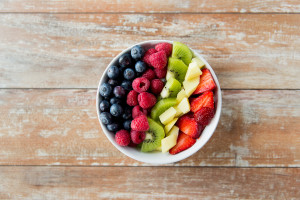Carbohydrate ingestion improves exercise performance and capacity. However, not all carbohydrates are created equally.
I’ve just published a new study in which we compare different carbohydrate-rich sport drinks.
Here’s the main result of the study:
This picture shows you how much carbohydrates from your sports drink you actually burn. It’s much higher if you ingest a combination of glucose+fructose or glucose+sucrose compared to the same amount of carbohydrates provided as only glucose.
I’ve broken down the study in more details in the video below.
Now if you want to know even more, check out the advanced video. In this video I explain how we measure exogenous carbohydrate oxidation rates, and why the figure shown above is not as straightforward as it might seem.
We have previously studied the impact of same fructose co-ingestion tactic post-exercise muscle and liver glycogen recovery. Check that article out here.


So I take it Sucrose is not bad for working out ( Powerade Zero ) I hear that it is bad
Depends on the context.
Simple carbohydrates/sugar/sucrose have a bad name, because it’s non-filling calories that can easily result in overeating. Therefore, such products are considered ‘bad’ for the average Western coach potato.
For a high level athlete that does a lot of intense exercise, carbohydrates are a necessary fuel source and sugar is the best way to supply it. In fact, in some sports it’s impossible to consume enough energy if they athletes don’t consume sugar. If you need to perform (a competition, or a multiple day event where fast recovery is crucial), sugar is necessary.
If you’re just training for fun, you don’t need to take sugar/sucrose after a workout (but it’s not really bad either).
To summarize, you can’t classify sucrose as good or bad. Depends on the context.